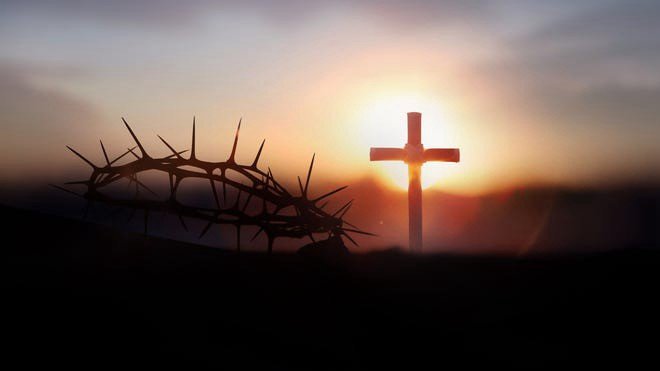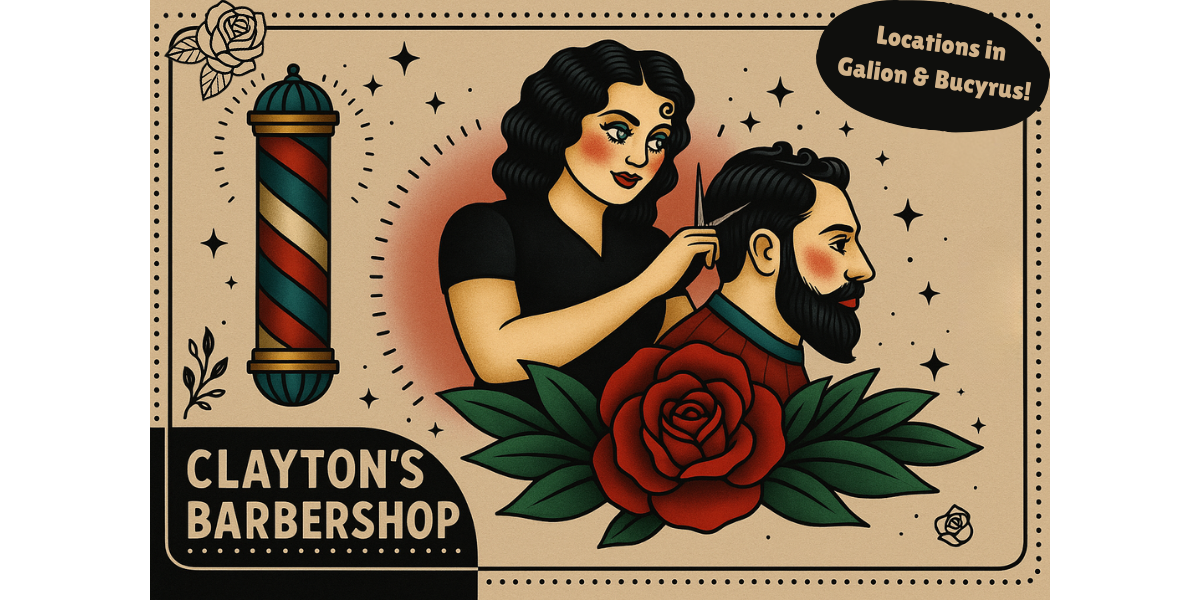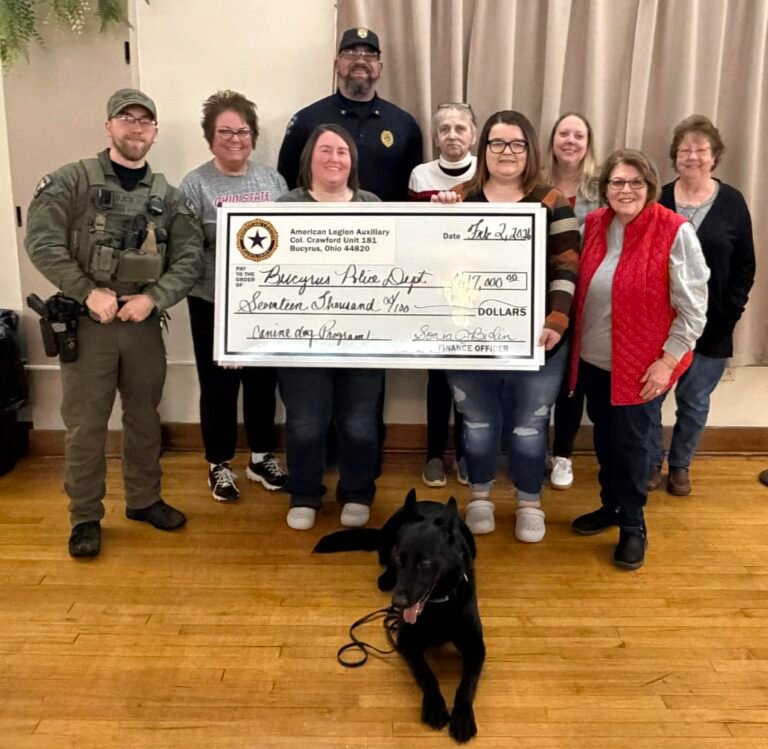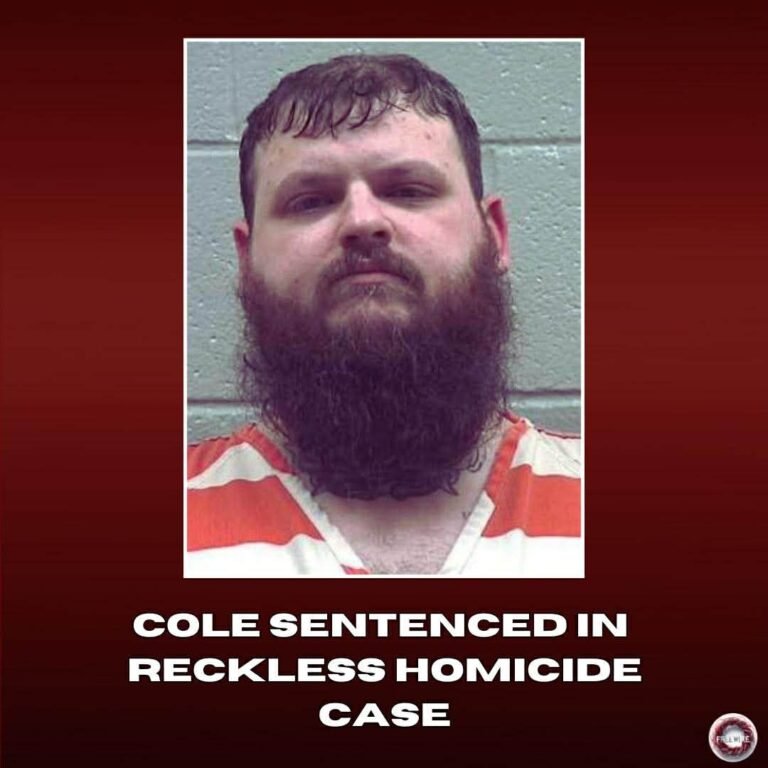By April Rodgers, Content Coordinator

It wasn’t just the cross.
It wasn’t just the nails.
It wasn’t even just the betrayal.
It was the challenge.
Jesus challenged everything the religious leaders of the day stood for. He healed on the Sabbath. He taught with authority, not tradition. He forgave sins—something only God could do. He welcomed the outcast, dined with sinners, and preached that the kingdom of God belonged to the poor, the meek, and the merciful. He called Himself the Son of God. That was too much.
The religious elite expected a political Messiah—a leader to overthrow Rome and restore Israel’s power. Jesus was not there to liberate governments. He came to liberate hearts. His mission threatened their control, their influence, and their understanding of God. They wanted Him silenced.
On Thursday night, after the Last Supper, Jesus went to the Garden of Gethsemane to pray. There, in the stillness of night, Judas arrived with soldiers. By prearranged signal, he betrayed Jesus with a kiss. In exchange, he accepted thirty pieces of silver—about $90 in today’s money. It was the price of a slave. That was all that Jesus was worth to him. A heartbreaking price for such a betrayal.
Jesus was arrested and taken to stand trial—first before Jewish leaders, then before Roman governor Pontius Pilate. The charges: blasphemy and treason. Pilate didn’t want to crucify Jesus. He saw no guilt in Him. He even offered to release Him. The crowd, stirred by the leaders, shouted louder: “Crucify Him!” Pilate gave in.
The soldiers mocked Him, beat Him, and pressed a crown of thorns onto His head. He was forced to carry His cross through the streets, stumbling under the weight of pain, humiliation, and rejection.
The final destination was Golgotha, a hill outside Jerusalem whose name means “place of the skull.” This was where executions took place, and where Jesus would die. At Golgotha, Jesus was nailed to the cross between two criminals.
His mother, Mary, was there—watching through tears—alongside Mary Magdalene and the disciple John. Even in His agony, Jesus looked at them and said, “Woman, here is your son,” and to John, “Here is your mother.”
His final words from the cross tell a story of love, suffering, and ultimate surrender: “Father, forgive them, for they know not what they do.” “My God, my God, why have you forsaken me?” “It is finished.” “Father, into your hands I commend my spirit.” Then He died.
This is Good Friday. It’s not a pretty story. It’s not a light one. But it’s powerful. Because it’s the day that love didn’t run. It stood. It suffered. It saved.
Because of that, Sunday is coming.

















